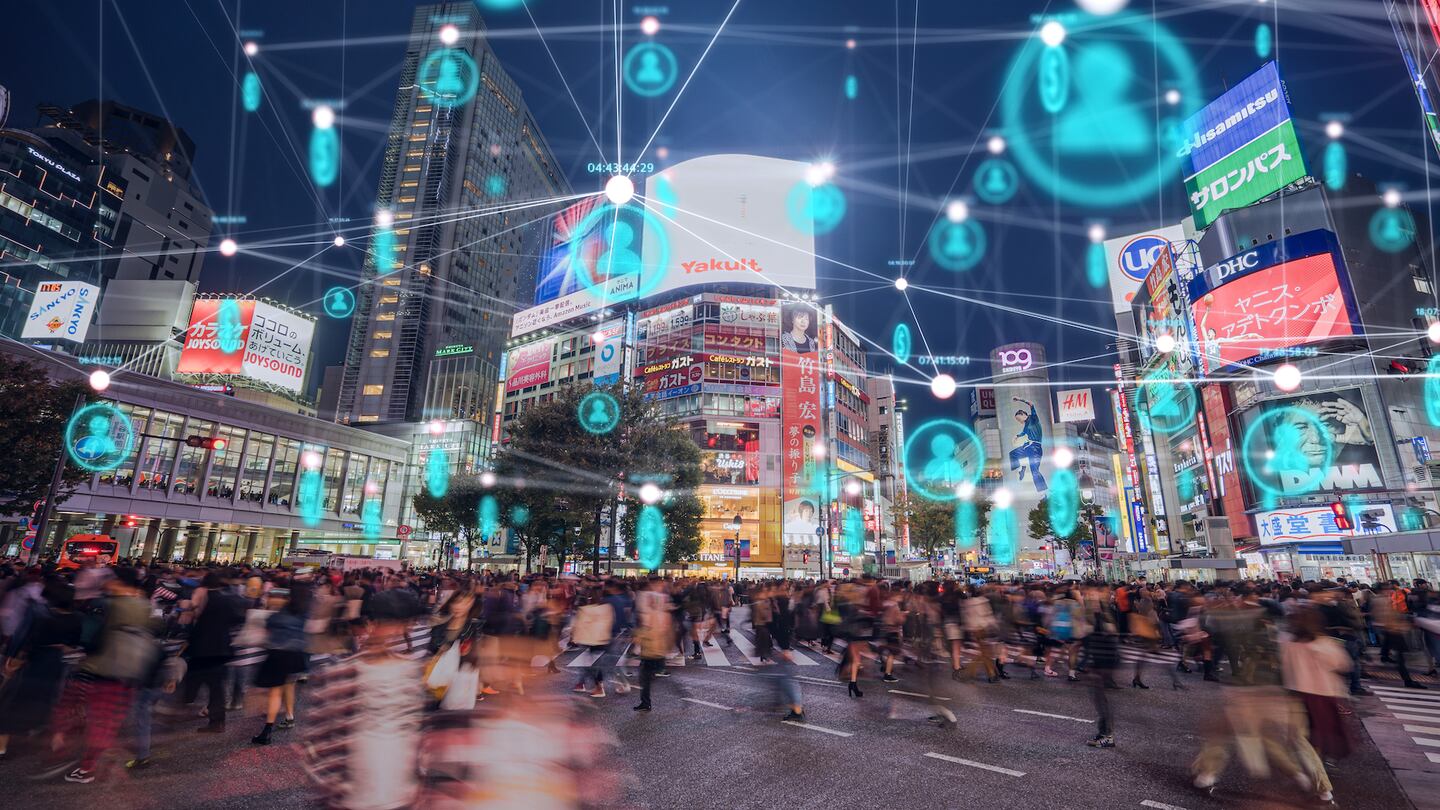
The Business of Fashion
Agenda-setting intelligence, analysis and advice for the global fashion community.

Agenda-setting intelligence, analysis and advice for the global fashion community.

When it comes to retail channels and innovative commerce strategies, over the last 12 months the industry jumped years ahead of its pre-pandemic path. McKinsey & Co. reported 10 years of e-commerce adoption was compressed into that first quarter of 2020.
The accelerating adoption of m-commerce — shopping via mobile — and the evolution of social media from pure engagement tools into dynamic social commerce platforms in their own right has created novel, non-linear commerce experiences for consumers, where check out, payment and engagement take place at different times and in a multitude of different ways.
In conversation with BoF’s Alice Gividen, Greg Lisiewski, PayPal’s vice president of global pay later, and Holly Friend, senior foresight writer at The Future Laboratory, shared their insights on the range of strategies and consumer behaviours that are changing retail, and how non-linear commerce specifically can drive business growth.
PayPal has operated right at the forefront of the digital payments revolution for over 20 years. With a particularly expansive reach, it serves more than 403 million consumers and merchants in over 200 markets. The Future Laboratory is a globally renowned consultancy seeking to translate the impact of macro global forces into actionable industry insights for partners.
BoF identifies the key insights below.
Subscription Culture and Payment Solutions Driving Adoption

Greg Lisiewski (GL): [We’re seeing] a connection between the rise of buy now, pay later, and the subscription lifestyle. [...] If you go back to a traditional, linear commerce, you walk into a store, you pick something off the shelf, you walk to the checkout, you have a transaction, and you walk out [with] your goods.
That’s changing. It’s all about tracking the customer journey and then giving optionality [at] different points to complete a transaction. It’s as simple as what’s happening with coffee houses. You order your coffee on your commute. You’ve already made the payment, you walk up and you pick up a cup of coffee and carry on with your day. That’s an example of non-linear commerce [and] I think you’ll see that entering into additional modes, or different verticals, over time.
What’s important is to let customers take advantage of convenience that is often powered through their mobile phone to complete a transaction, and to do so in a way that also allows them to have payment flexibility, which is what PayPal is really interested in and excited to work on with partners who are innovating in [the field].
Technology Should Increase Customer-Centricity
GL: The customer truly is at the centre of the landscape — it is all about them. It’s all about personalising. They have their phone with them so they can choose to step out of physical spaces and go virtually anywhere, or at any place in their journey across the day. [...] Just being true to and accepting that customers [are] at the centre and then trying to tailor experiences to them that allows them to act at any point in their journey. So, whether they’re browsing, if they’re out of store but engaging in content and social influencers — there’s a big rise of taking advantage of social media platforms and therefore the influencers on those platforms.
It just goes back to fundamentals: keeping the customer at the centre, leveraging technology to serve the customer or meet the customer on their terms, in a way that is authentic to your brand as well. That’s a really important key.

Holly Friend (HF): Gen-Z is one of those generations who’s calling for this change. [...] They have a lot of lucrative income to spend and flexibility is already at the heart of their lifestyle, in terms of these more flexible payment terms. [...] They’re poly-workers, they’re flexible, they are working so many different jobs. [...] What that means is that they have a more flexible approach to work, but also they’re being paid in a completely different way.
They’re getting small amounts all the time. They can be paid throughout the day, maybe they are being paid through Monzo, while DMing their friends for a new cake that their friend’s made or a new jewellery piece. So, we need to consider how that will need to change payment terms, and [they’re] expecting that.
Look to China for Retail Innovations
HF: Technology was really [the] driving force that was going to change the new commerce for good [...]. One of the most recent non-linear commerce innovations we’ve seen and one that is really driving the future of non-linear commerce in lots of ways is livestreaming. [...] The West is slightly behind China in terms of the adoption of livestream commerce. I feel like we’re always a little bit more suspicious of these new technologies. [...] In fact, a recent study by Forrester found that 59 percent of Europeans claim to have bought through live-streaming, through an e-commerce platform, or would like to explore it. So more and more people are open to this new channel of non-linear commerce.
GL: [The] shift to non-linear [...] really reflects this shift in the acceleration of the digital capabilities by consumers. China’s leading the way in many of these things. The pandemic started to close the gap because people suddenly were home. They were locked down and they had to use these digital capabilities, so you started to see the rise of a more non-linear type of behaviour.
Then obviously you have digital natives — Gen-Z, millennials — who are just at the forefront of technical adoption driving these patterns as they become a bigger shopping force. It’s really important for all of us on the payment side — the retailers, content platforms etc — to enable consumers to connect with goods and services and pay in ways that they want. I think the next five to 10 years are going to be really exciting to see these trends continue.
Symbiotic Strategies and Cooperation Are Critical
HF: This is all about the fact that brands should now be working together, they shouldn’t be seeing each other as rivals. They should be working for the same mission, whether it’s sustainability, whether it’s an enhanced shopping experience, whatever it might be. They should put their resources together and work together for the greater good.
It’s all connected — it’s a network of experiences when we buy things. [...] It’s overwhelming to have so many platforms to go to buy a product. The use of data is going to be really essential to the non-linear commerce experience. If people are buying through all these different places, [...] one way of doing that is to capitalise on something that we’ve been seeing at The Future Lab, which is this concept of symbiotic strategies, which was in our recent macro lasting brands.
This is a sponsored feature paid for by PayPal as part of a BoF partnership. This interview has been edited and condensed for clarity.
From analysis of the global fashion and beauty industries to career and personal advice, BoF’s founder and CEO, Imran Amed, will be answering your questions on Sunday, February 18, 2024 during London Fashion Week.
The State of Fashion 2024 breaks down the 10 themes that will define the industry in the year ahead.
Imran Amed reviews the most important fashion stories of the year and shares his predictions on what this means for the industry in 2024.
After three days of inspiring talks, guests closed out BoF’s gathering for big thinkers with a black tie gala followed by an intimate performance from Rita Ora — guest starring Billy Porter.